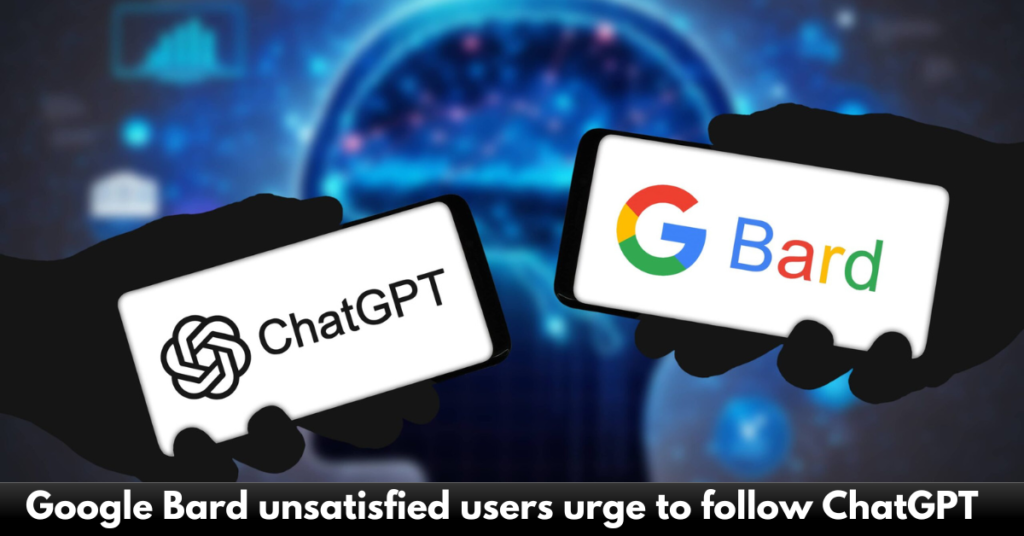Mobile AI War: Can Microsoft Copilot Beat the Chat-GPT?
In recent years, generative AI has gained significant traction, with companies like OpenAI and Microsoft investing heavily in the technology. This has led to the rise of AI-powered chatbots like Microsoft Copilot and ChatGPT. Microsoft Copilot, formerly Bing Chat, uses the same technology as OpenAI’s ChatGPT but has a cap that limits users to 4,000 characters per chat. However, Microsoft recently shipped the Copilot app to iOS and Android users for free, using DALL-E 3 technology and OpenAI’s GPT-4 model.
ChatGPT is similar to Microsoft Copilot but with a voice mode feature that allows users to talk back and forth with the AI assistant. Microsoft is providing users access to a wide array of features available in OpenAI’s chatbot, ChatGPT. Still, the main difference is that the company is making them available to users free of charge.
A new report by App Store intelligence provider Appfigures suggests that Microsoft’s launch of the Copilot app for iOS and Android users has not impacted ChatGPT’s revenue or installs. The report attributes this slow adoption to poor promotion practices and a subtle launch, where Microsoft failed to use search ads to boost the app’s discoverability on the App Store and Google Play Store.
According to Appfigures, 2.1 million users had downloaded the Copilot app across iOS and Android by January 5, 2023. However, ChatGPT downloads have significantly decreased compared to when it first launched, reaching 500,000 downloads in just a few days. This can be attributed to several issues, including reports of ChatGPT getting dumber, loss of interest by users, and rumours that OpenAI is on the verge of bankruptcy due to the high-cost implications of running a chatbot.
Despite these challenges, ChatGPT continues to enjoy a broader user base compared to Microsoft Copilot, as its downloads seem stagnant. OpenAI’s Sam Altman recently celebrated ChatGPT’s first birthday by recounting some of its successes, including $30 million in revenue for its mobile apps. Microsoft has refuted these findings, stating that the “third-party” findings are inaccurate and don’t reflect the actual figures.



